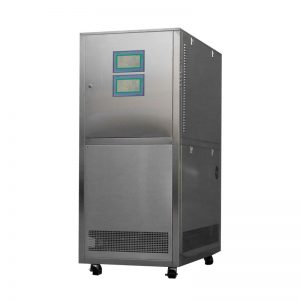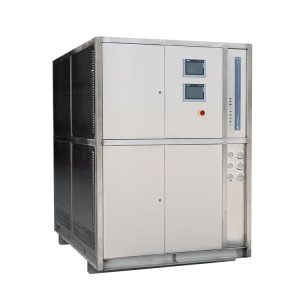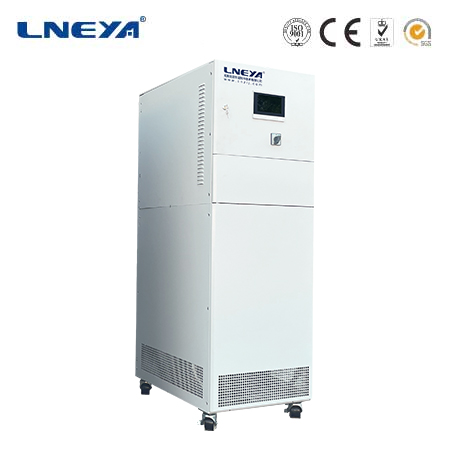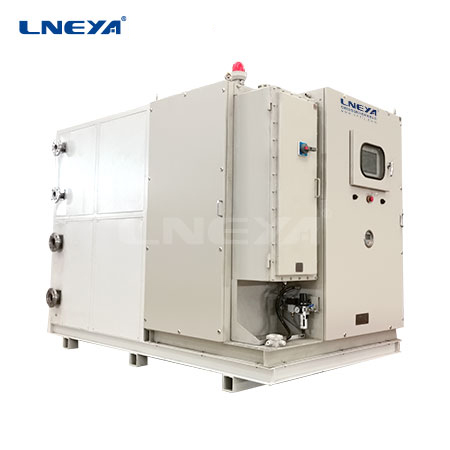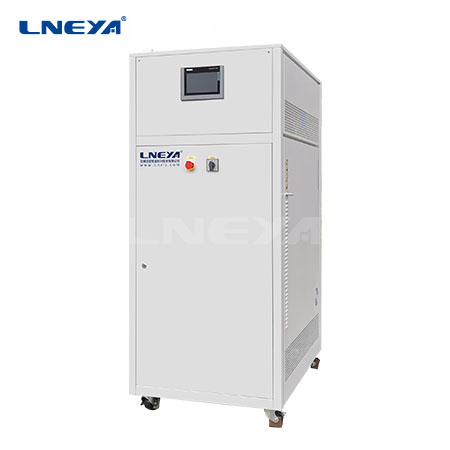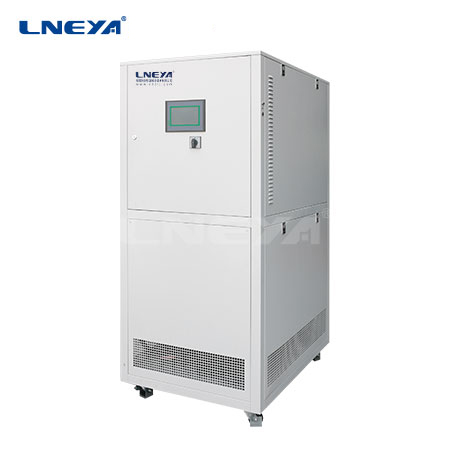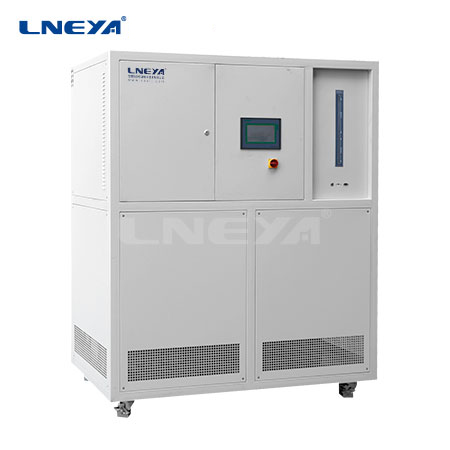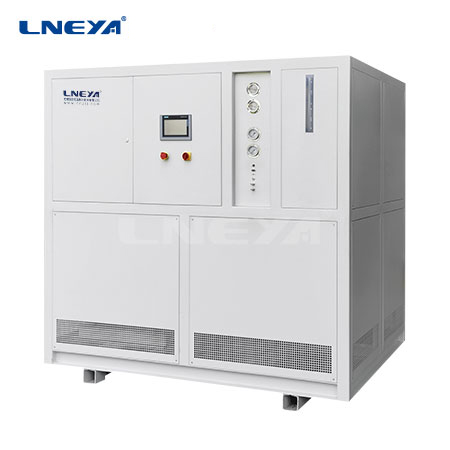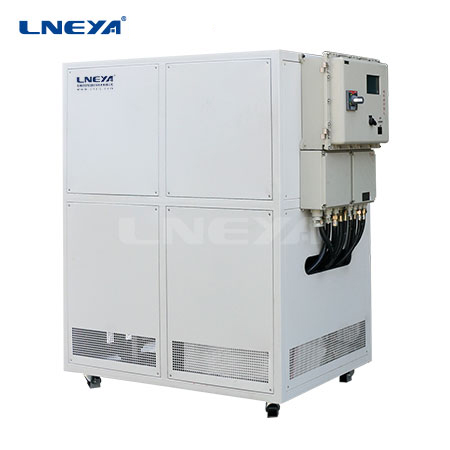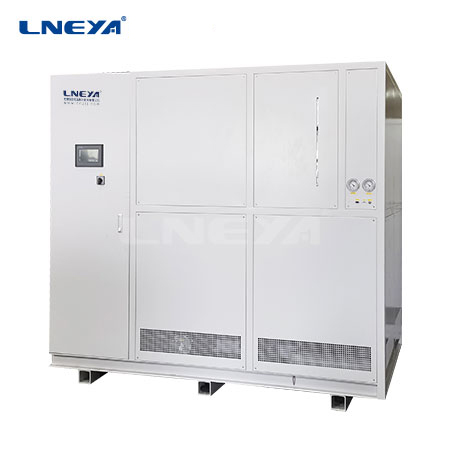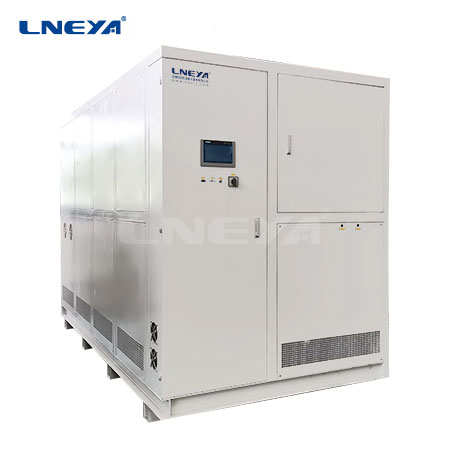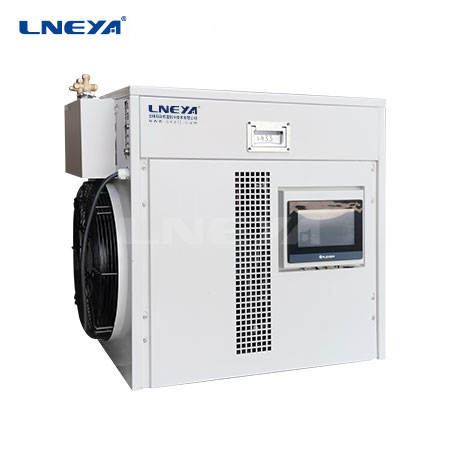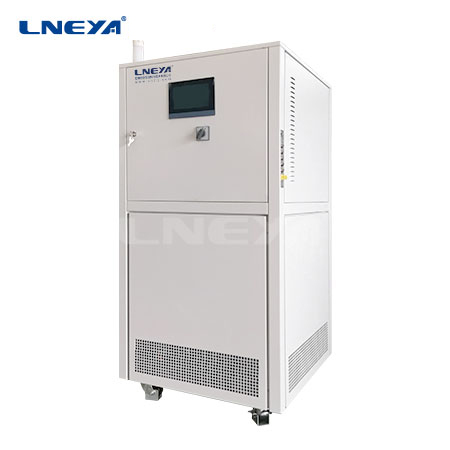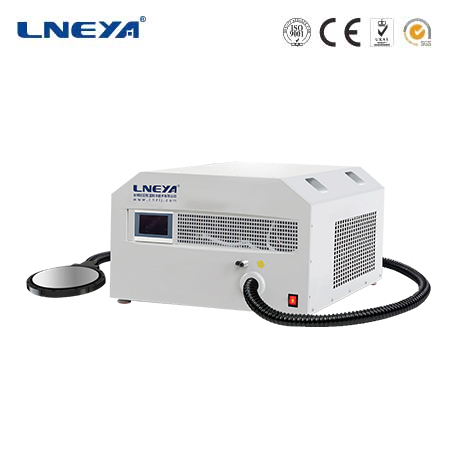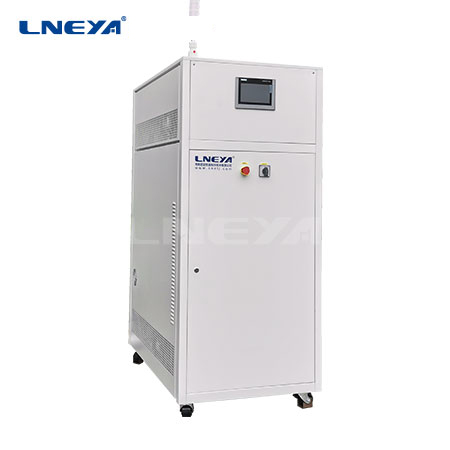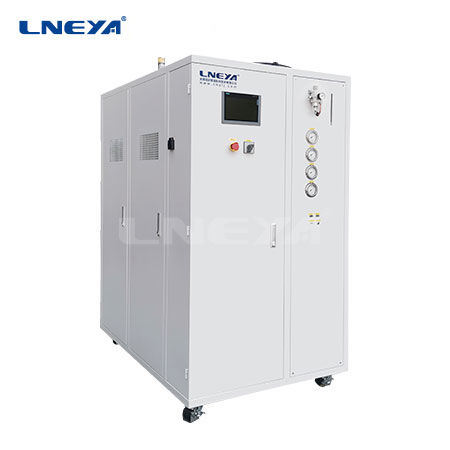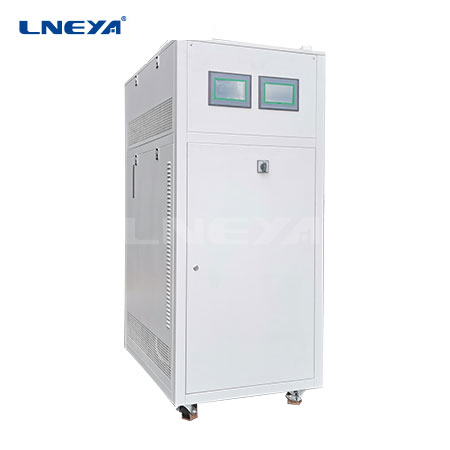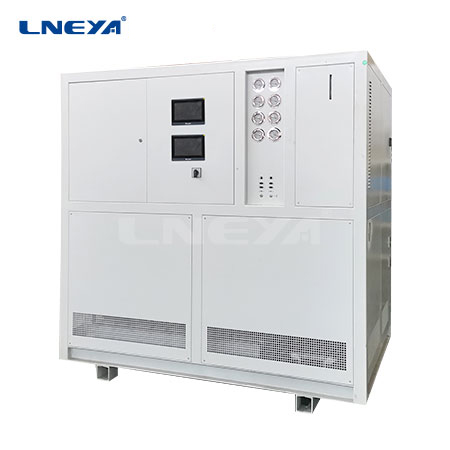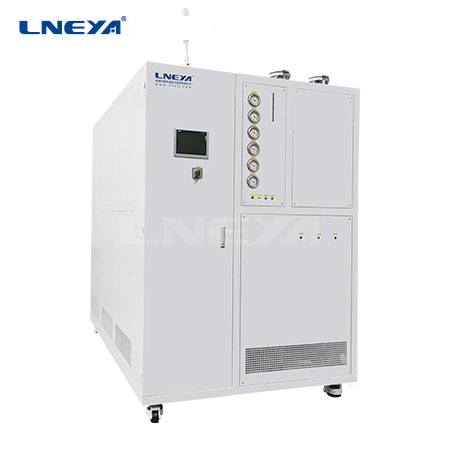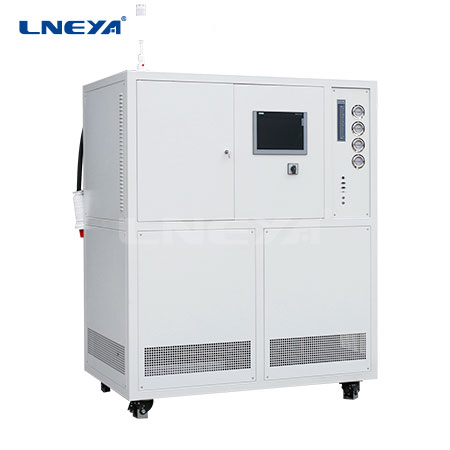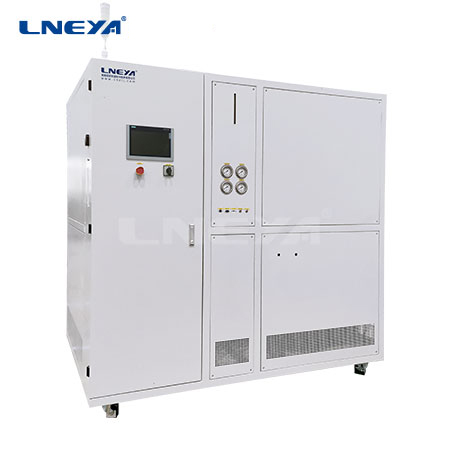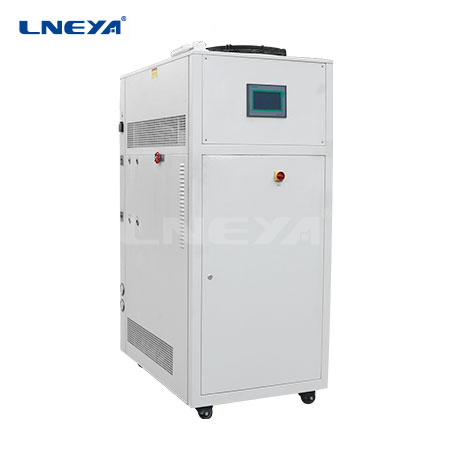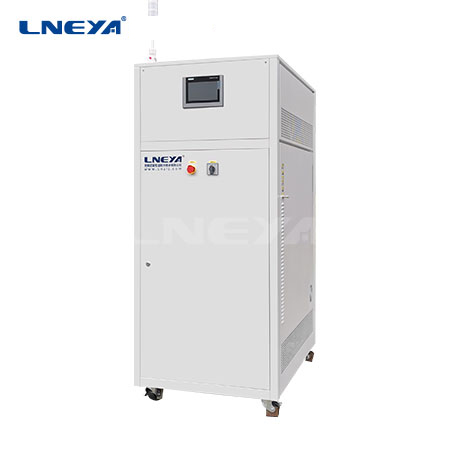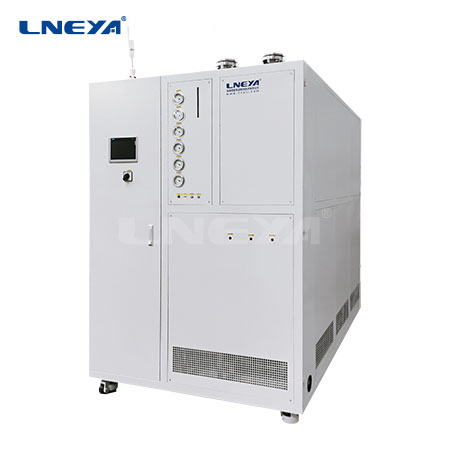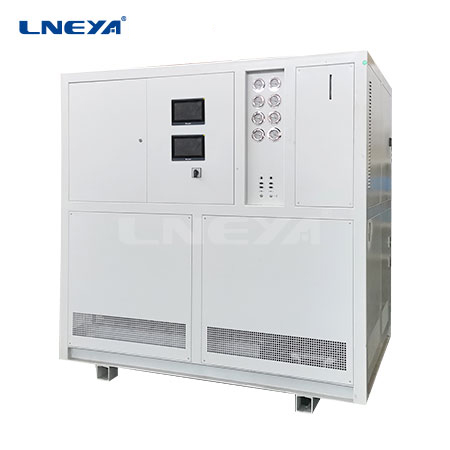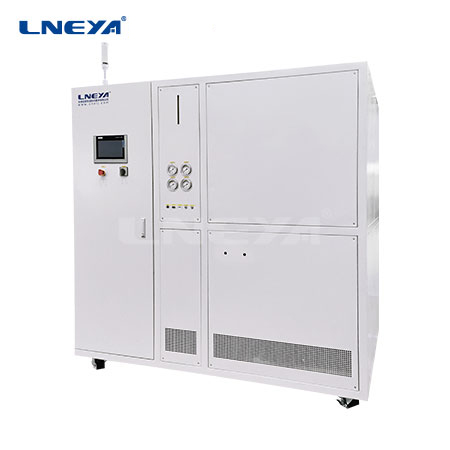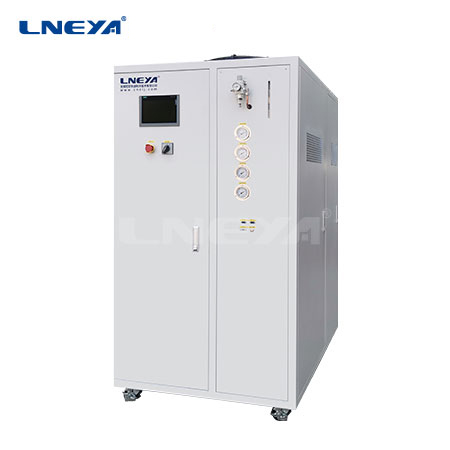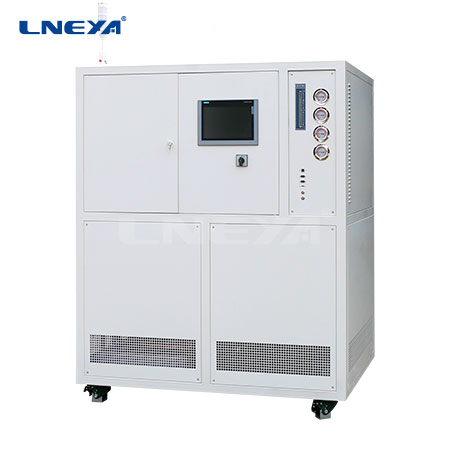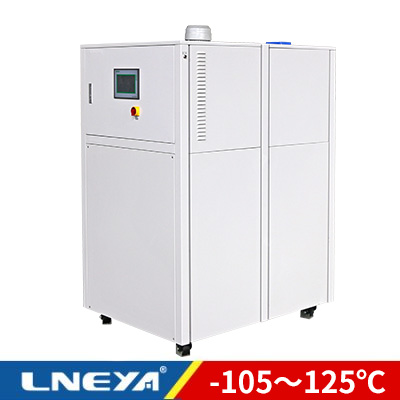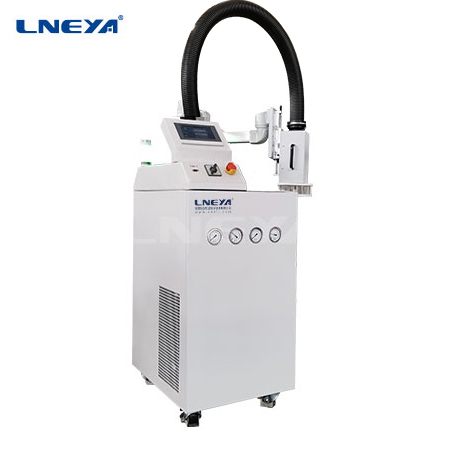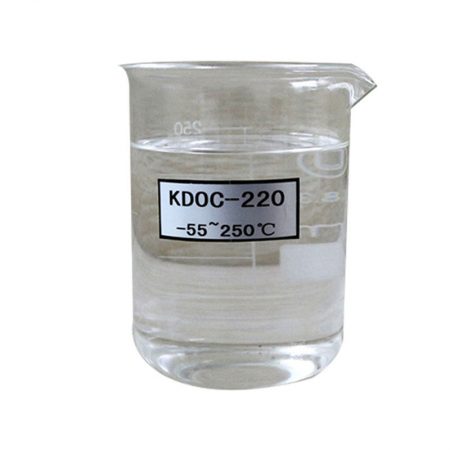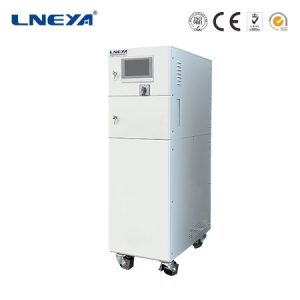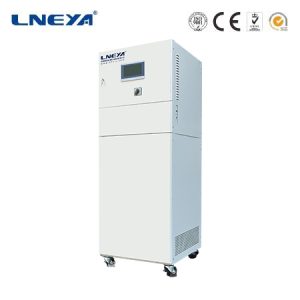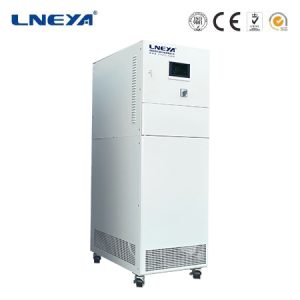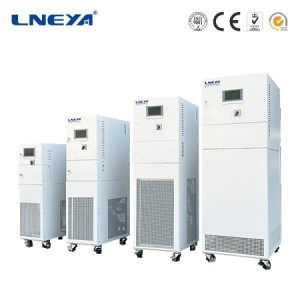Industrial Water Chiller Units: Efficiency and Precision in Temperature Control
Industrial water chiller units are critical components in many industries where maintaining precise temperatures is essential for process efficiency and product quality. These units provide reliable cooling solutions, ensuring optimal performance in various applications such as manufacturing, pharmaceuticals, and food processing. The advantages of industrial water chiller units are manifold, including precise temperature control, energy efficiency, and cost savings through reduced energy consumption.

Applications of Industrial Water Chiller Units
Industrial water chiller units are used in a variety of applications where temperature control is crucial:
Manufacturing: For cooling machinery and equipment to prevent overheating and maintain optimal operating temperatures.
Pharmaceuticals: To regulate the temperature in production processes, storage facilities, and research laboratories.
Food Processing: For chilling and freezing processes, as well as maintaining the temperature of perishable goods during processing and storage.
Plastics Industry: To cool injection molding machines and other plastic processing equipment.
Chemical Industry: For temperature control in chemical reactions and storage of temperature-sensitive chemicals.
Advantages of Industrial Water Chiller Units
The advantages of using industrial water chiller units include:
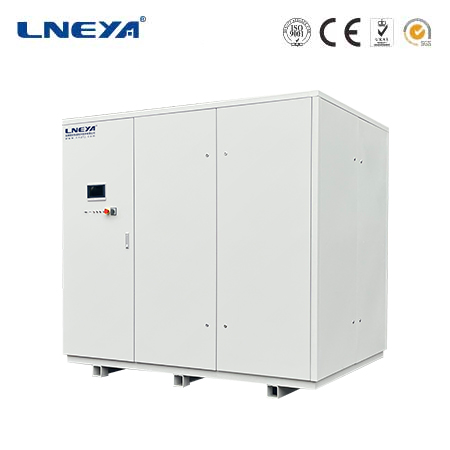
Precise Temperature Control: Industrial chiller units can maintain temperatures within a narrow range, which is essential for processes that require strict temperature regulation.
Energy Efficiency: Water-cooled chillers, in particular, offer superior cooling efficiency by using water from a cooling tower to dissipate heat, resulting in long-term energy savings.
Cost Savings: While the initial investment may be higher, the reduced energy consumption and extended equipment life can lead to significant cost savings over time.
Reliability: Industrial chiller units are designed for continuous operation, providing reliable cooling even in the most demanding industrial processes.
Maintenance and Operation
Proper maintenance is crucial for the efficient operation and longevity of industrial water chiller units. Regular maintenance tasks include:
Compressor Inspection: Checking for oil levels, leaks, vibrations, and operating temperatures to ensure the compressor unit is functioning correctly.
Electrical Contacts: Inspecting and cleaning electrical contacts to prevent arcing and ensure proper operation.
Filter Dryers: Checking and replacing dirty or faulty filters to maintain the purity of the refrigerant.
Condenser Coils: Inspecting for leaks, corrosion, and blockages to ensure efficient heat dissipation.
Chiller Tubes: Cleaning the tubes regularly to maintain optimal heat transfer and prevent a decrease in efficiency.

Market Trends and Growth Drivers
The market for industrial water chiller units is growing due to several factors:
Adoption of Smart Technologies: The integration of sensors and connectivity technologies into chillers allows for remote monitoring and predictive maintenance, reducing downtime and improving efficiency.
Sustainable Cooling Solutions: The need for environmentally friendly cooling solutions is driving the market towards more sustainable and energy-efficient chiller units.
Regulatory Drivers: Stringent regulations on refrigerant use and energy efficiency are pushing the market towards more compliant and eco-friendly industrial chiller units.
Challenges and Considerations
While industrial water chiller units offer many benefits, there are also challenges to consider:
High Initial Costs: The upfront cost of industrial chiller units can be a barrier for some industries, particularly in emerging markets where price sensitivity is high.
Maintenance Costs: The annual maintenance costs for industrial chiller units can be significant, adding to the total cost of ownership over time.
Conclusion
Industrial water chiller units are indispensable in maintaining optimal temperatures for various industrial processes. Their precision, efficiency, and reliability make them a valuable investment for many industries. As technology advances and the market continues to grow, the focus on energy efficiency and sustainability will shape the future of industrial water chiller units. By understanding the benefits, applications, and market trends, businesses can make informed decisions when implementing these essential cooling solutions in their operations.
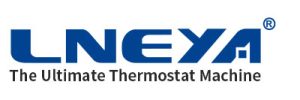 LNEYA
LNEYA
 简体中文
简体中文










